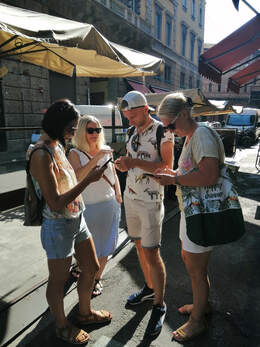 Did you know that play is considered a crucial component of cognitive development from birth through adulthood? Think about your favorite games: isn’t it true that you never get tired playing them? Being it hide and seek, puzzles, construction games, board games, there are invisible threads linking our memories, experiences and feelings in connection to playing games and they are all linked to the intrinsic motivation and engagement they trigger in our mind! The new edition of the course “Discover the power of Game Based Learning and Gamification in education” took place in Bologna from 24/07/2022 to 30/07/2022. The participants came from all across Europe, with Simon Thüring from Realschule Heiligenhaushereinafter in Germany; Alina Nicula, Nicoleta Tudor, Florentin Cozmolici, Oana Popescu from BIBLIOTECA JUDEȚEANĂ GEORGE BARIȚIU BRAȘOV in Romania; Edgar Oganesjan from Maardu Gümnaasium in Estonia; Tibor Prievara from Pasaréti Szabó Lőrinc Magyar-Angol Két Tanítási Nyelvű Általános Iskola és Gimnázium in Hungary; Nathália Pimentel Lima from Lagos Ciencia Viva Science Centre in Portugal; Ioannis Tatsis and Panagiotis Christopoulos from Gymnasio Lappa in Greece; Mariusz Jagodziński, Kornelia Maria Borkowska, Johanna Hyza, Alicja Kubiak-Kwasny from Szkoła Podstawowa nr 4 im. Jana Brzechwy w Swarzędzu in Poland; and Beatriz Flores Morales from IES Clara Campoamor - Alaquàs - Valencia in Spain. Their training week was constructed like a game, following a sequence of levels from the very beginning. As if we were starting to play a video game, we asked participants to create their own characters to join the game. Avatars, symbolic characters and new superheroes were thus used as a basis to get to know each other. The first level was theoretical - we discussed the pedagogical value of playing and how games stimulate learning. Through a challenge on the differences between gamification and game-based learning, our “players” could better clarify that gamification applies game elements into a non-game environment while game-based learning is a teaching approach whereby learning happens through playing the game itself. 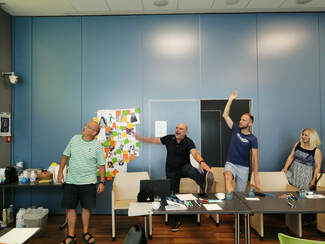 As the main outcome of the second level, “players” defined the most common gamification framework as the process through which 8 major internal and external motivators influence human engagement. During one of the practical activities, players engaged in a role-play where they acted like the most common types of video games players, reaching a hands-on understanding of game-driven motivation. The third level was dedicated to game-based tools and apps. We listed and actively explored several traditional games and we reframed them all together into more engaging learning tools. After all the challenges and battles, “players” had an opportunity to create their own tools both offline and online. In the penultimate level, “players” lived the most active and engaging experience. We went outside to enjoy a scavenger hunt game in the city center and later we were locked in a digital escape room trying to solve riddles and puzzles to escape. Participants finally tried to find the best way to gamify their own classrooms taking into account their students’ needs and worked on creating their own activities. Having reached all the levels of our game, participants had the opportunity to learn new ways of making the most of traditional games to transform the learning process. They discovered how games like Taboo or Battleship could be used for an educational purpose; whilst playing, the participants already had many, many ideas on how to apply these games into their own subjects. Good luck players! Discover more about this course at: https://www.erasmustrainingcourses.com/gamification.html
|
Welcome to the ELA Blog. Here you will find articles and photos of our courses and have a look at the topics addressed during the week in Bologna, Palermo and Tenerife. You will also have the chance to take a peek at our projects and check out what we have been up to.
Archives
July 2024
Categories |
-
Course catalogue
- 2023-2024 course catalogue
- Soft Skills >
- ICT and New Technologies >
- Inclusion and Diversity >
-
Innovative Teaching Methods
>
- Innovative teaching methods discovery
- Non-formal education teaching methods
- Dual education and work-based learning
- Teaching leadership and entrepreneurship
- Project based learning
- Game based learning and gamification
- Green skills
- Outdoor education
- Outdoor education trekking edition
- Promoting creativity and critical thinking
- Languages and EU projects >
- Preschool >
- Erasmus Plus KA1
- What we do
- About us
- Locations
- Blog
- Contact us
 English
English български
български Čeština
Čeština Español
Español Français
Français ελληνικά
ελληνικά Italiano
Italiano Polski
Polski Português
Português Română
Română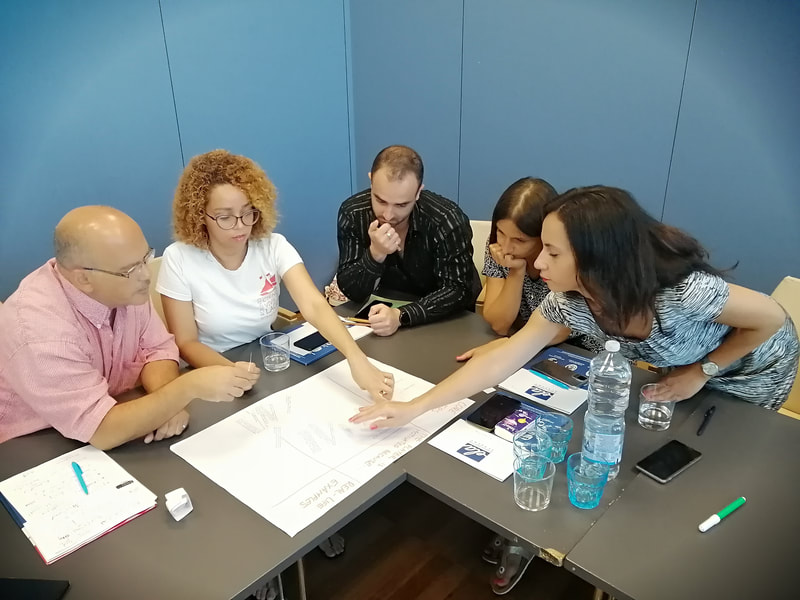
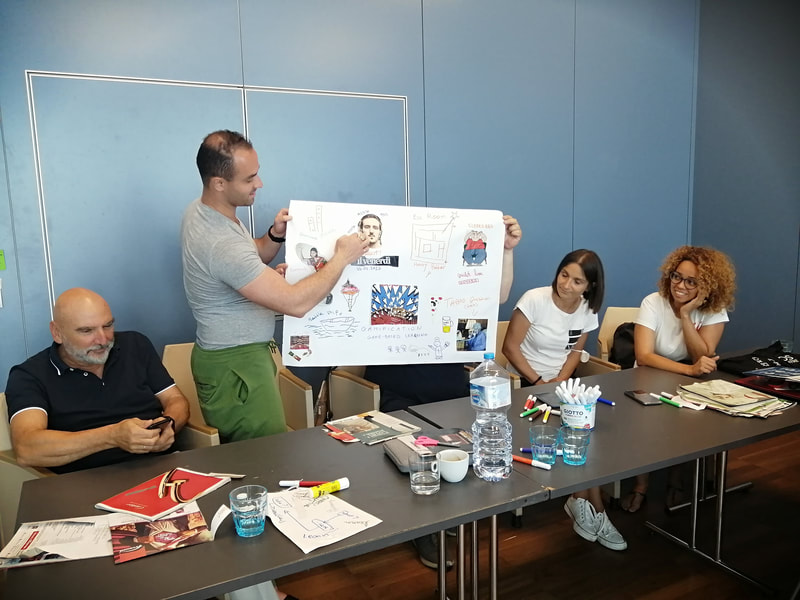
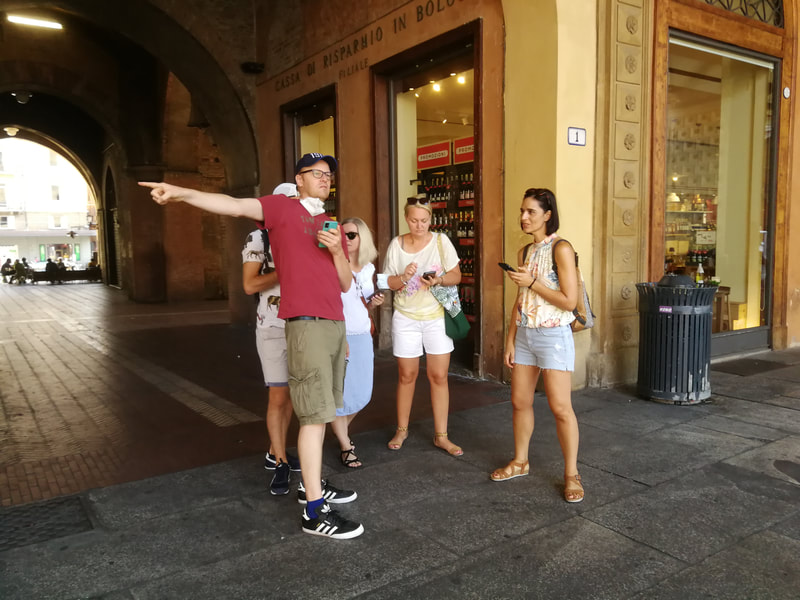
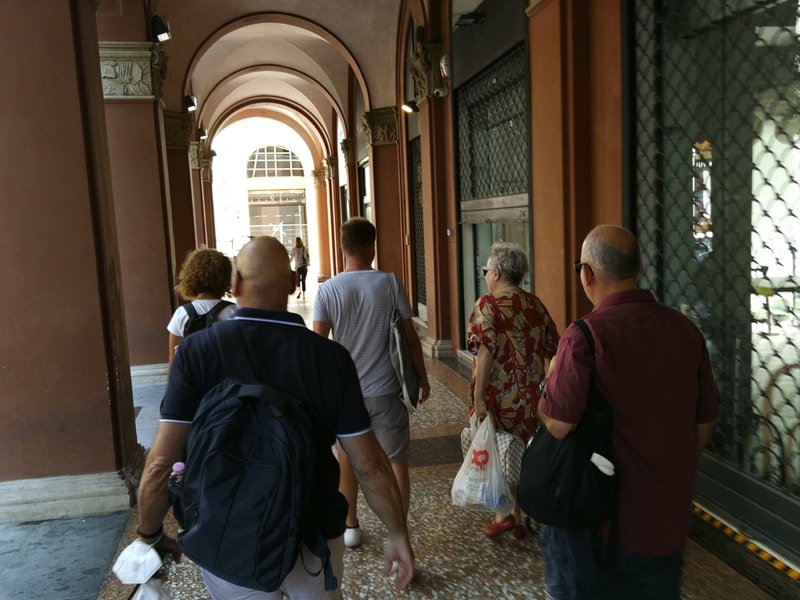
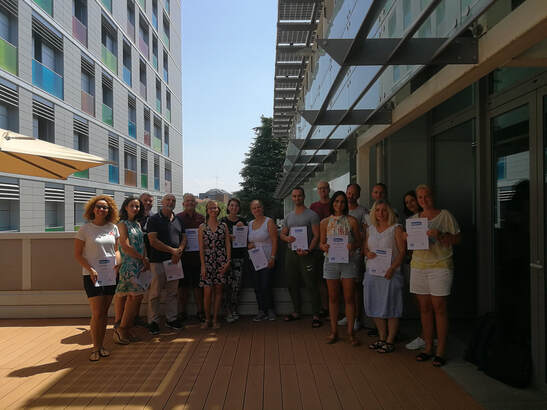
 RSS Feed
RSS Feed









